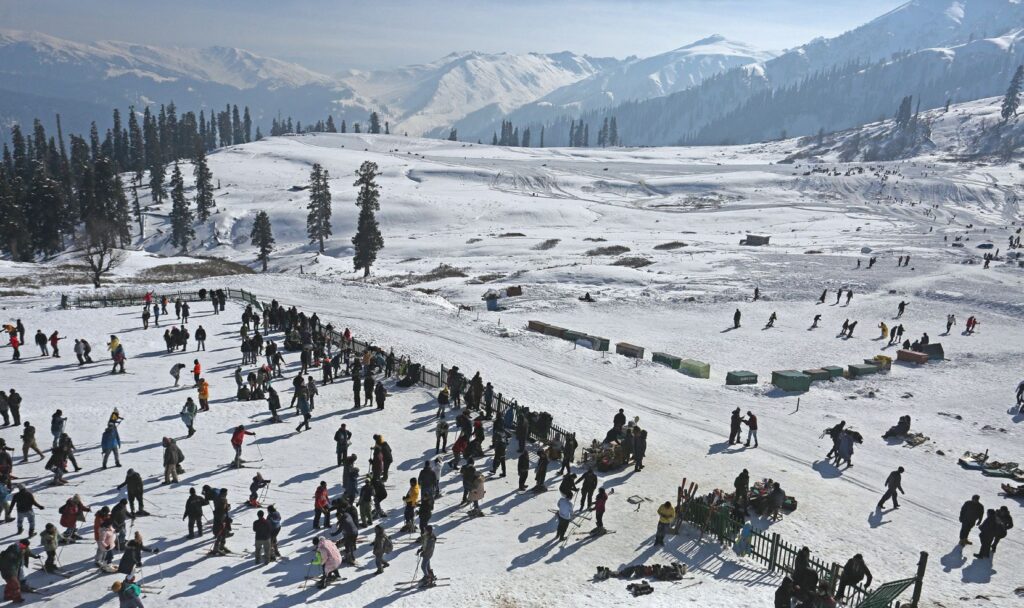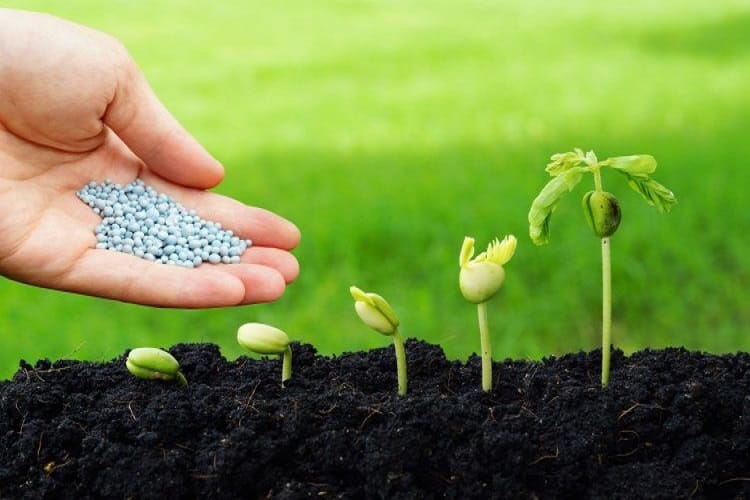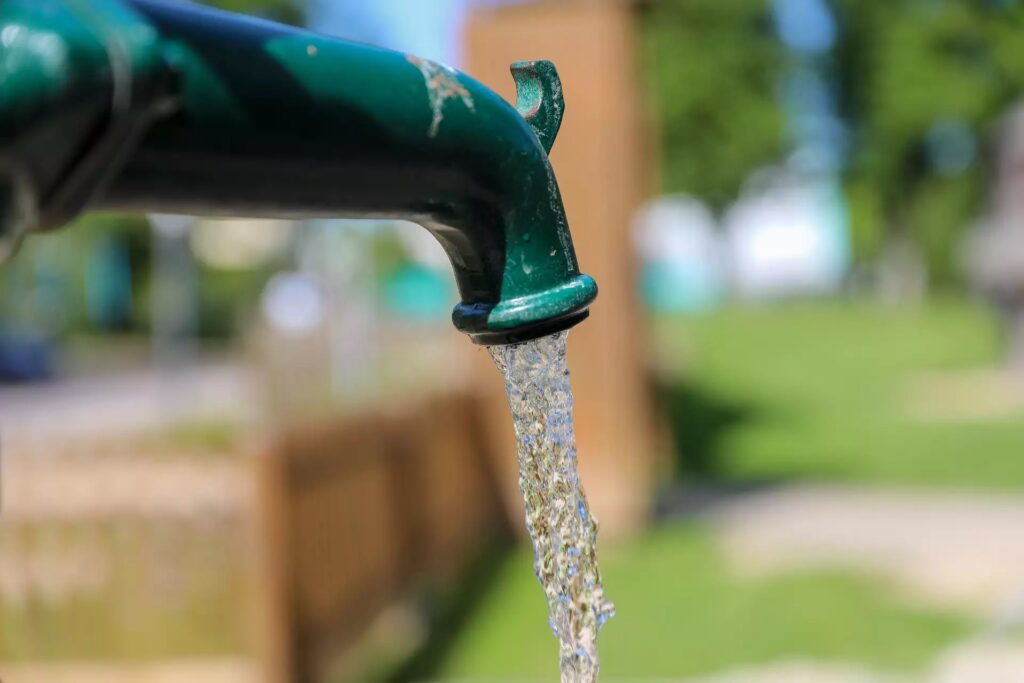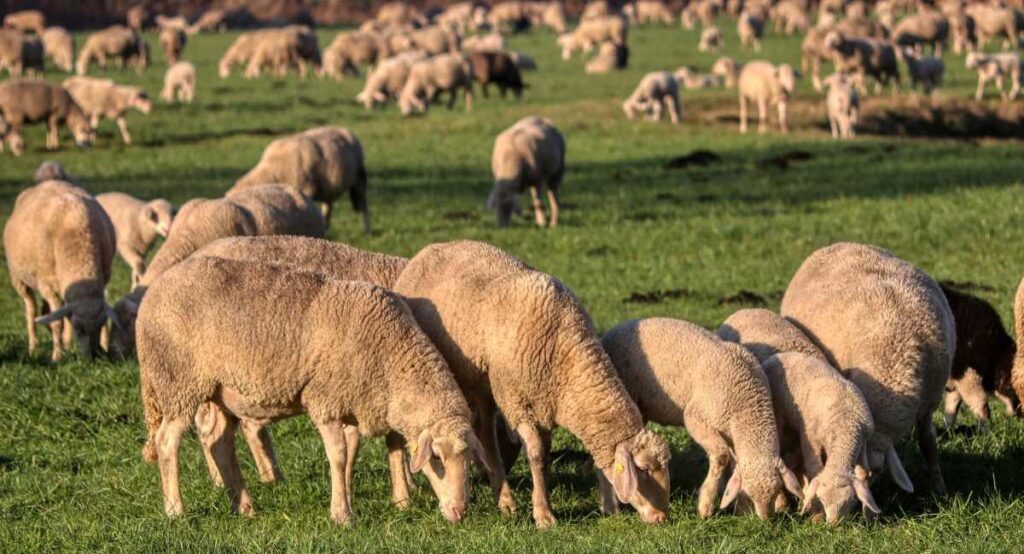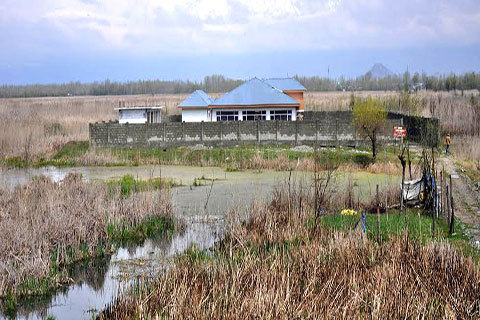ENVIRONMENTAL IMPACTS OF UNCHECKED TOURISM
https://www.jkpi.org/wp-content/uploads/2022/06/ENVIRONMENTAL-IMPACTS-OF-UNCHECKED-TOURISM-1024x608.jpg 1024 608 Adeela Hameed Adeela Hameed https://www.jkpi.org/wp-content/uploads/2022/04/Adeela-180x180.jpgTourism represents around 6% of world trade and almost 13% of the total global consumer spending. Unlike most other industries, tourism is essentially based on a good environment, and people…
read more

